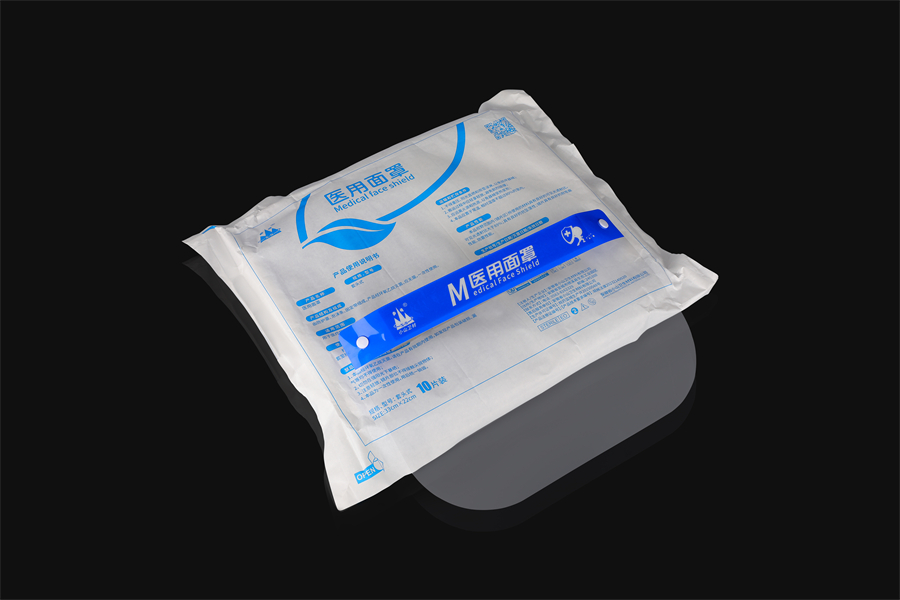Let's delve into the main distinctions between face shields and face masks across three key aspects: protection, comfort, and suitability for various medical tasks or patient care.
Protection:
Face Shields: Face shields provide a physical barrier that covers the entire face, including the eyes, nose, and mouth. They are effective at blocking respiratory droplets and splashes from reaching the face, thus reducing the risk of contamination. However, they do not provide a tight seal around the face, leaving gaps around the edges where aerosols could potentially enter.
Face Masks: Face masks, particularly surgical masks and N95 respirators, primarily protect against respiratory droplets and aerosols by filtering particles in the air. Surgical masks are loose-fitting and mainly serve to contain respiratory droplets expelled by the wearer, while N95 respirators offer a tighter seal and filtration efficiency of at least 95% for airborne particles.

Comfort:
Face Shields: Face shields typically offer better breathability and comfort compared to face masks, as they do not cover the nose and mouth directly. They allow for improved airflow, reducing heat buildup and moisture accumulation. Additionally, they do not cause discomfort associated with prolonged wear, such as pressure on the ears or face.
Face Masks: Face masks, especially N95 respirators, may cause discomfort over time due to the tight seal and filtration material. They can lead to breathing resistance, heat retention, and skin irritation, particularly when worn for extended periods.
Suitability for Various Medical Tasks or Patient Care:
Face Shields: Medical Face Shield are particularly suitable for tasks that involve the risk of splashes, sprays, or flying debris, such as certain surgical procedures, dental work, or patient care activities that generate aerosols. They provide excellent visibility and allow for easy communication, making them ideal for procedures where clear visualization of facial expressions and lip movements is essential.
Face Masks: Face masks are commonly used in healthcare settings for a wide range of tasks, including routine patient care, surgeries, and procedures involving respiratory precautions. They are especially crucial in situations where there is a higher risk of airborne transmission of infectious agents, such as during aerosol-generating procedures or when caring for patients with respiratory infections.

 English
English 中文简体
中文简体








